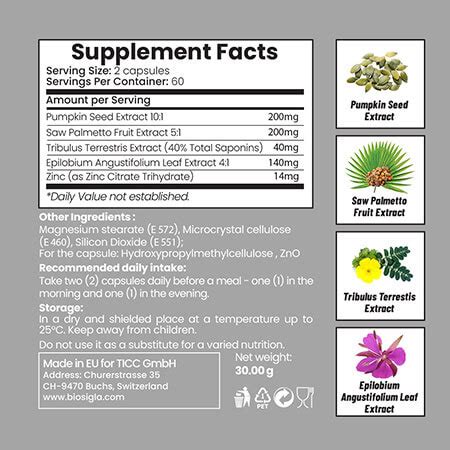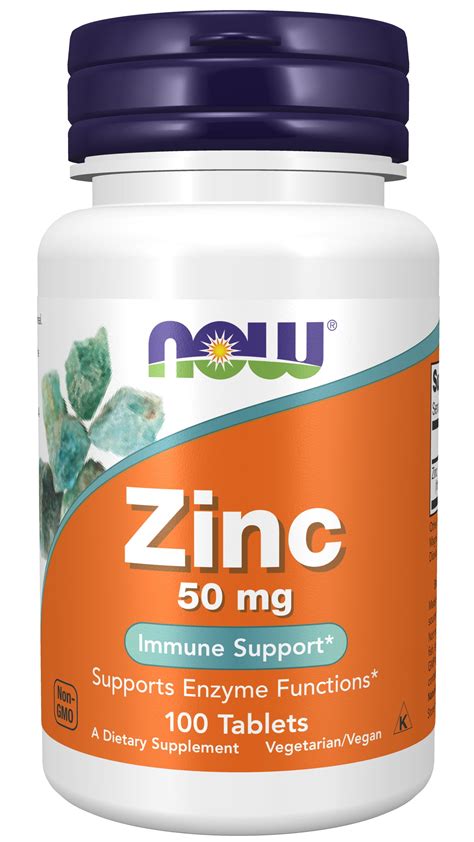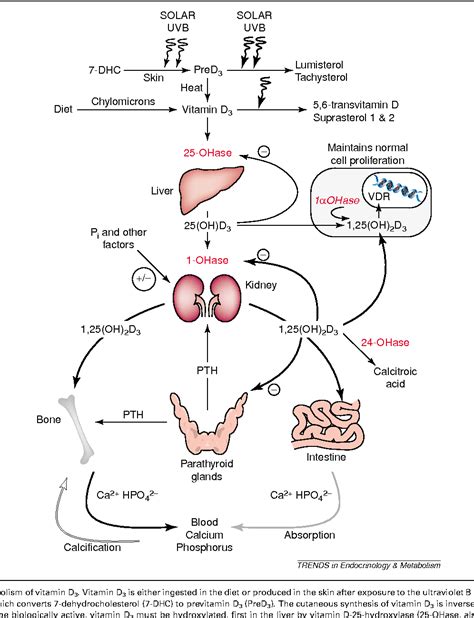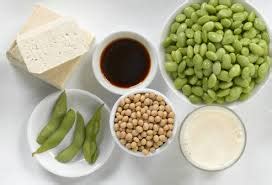Which specific micronutrients are often emphasized for men’s prostate health as they age?

As men mature, particularly after the age of 50, prostate health naturally becomes a focal point of wellness discussions. The prostate gland, a small organ located beneath the bladder, plays a vital role in the male reproductive system. However, it is susceptible to age-related changes, including benign prostatic hyperplasia (BPH) and an increased risk of prostate cancer. While genetics and lifestyle significantly influence prostate health, nutrition stands out as a modifiable factor, with specific micronutrients often highlighted for their protective roles.
Zinc: Essential for Prostate Function
Zinc is a trace mineral that is highly concentrated in the prostate gland and plays a critical role in its healthy functioning. It is involved in various cellular processes, including DNA synthesis, immune function, and protein production. Research suggests that zinc may have anti-proliferative effects, meaning it could help inhibit the growth of abnormal cells. A deficiency in zinc has been linked to an increased risk of prostate issues.
- Role: Supports immune function, acts as an antioxidant, and is crucial for prostate cell regulation.
- Food Sources: Oysters are an exceptional source, followed by red meat, poultry, beans, nuts (like cashews and almonds), whole grains, and dairy products.

Selenium: A Powerful Antioxidant Protector
Selenium is another trace mineral with potent antioxidant properties. It works alongside vitamin E to protect cells from oxidative damage caused by free radicals, which can contribute to the development of chronic diseases, including certain cancers. Studies have explored selenium’s potential role in reducing the risk of prostate cancer, though results have been mixed and often depend on baseline selenium levels.
- Role: Potent antioxidant, supports immune health, and aids in DNA repair.
- Food Sources: Brazil nuts are an excellent source (just one or two can provide the daily recommended amount), seafood (tuna, cod, shrimp), lean meats, poultry, eggs, and whole grains.
Vitamin D: Beyond Bone Health
Often recognized for its role in bone health, Vitamin D is increasingly acknowledged for its broader impact on overall health, including its potential influence on prostate health. Vitamin D receptors are found in prostate tissue, and the vitamin is involved in regulating cell growth, differentiation, and apoptosis (programmed cell death). Low levels of Vitamin D have been associated with an increased risk of aggressive prostate cancer.
- Role: Regulates cell growth, supports immune function, and may influence prostate cell differentiation.
- Food Sources: Fatty fish (salmon, mackerel, sardines), fortified milk and cereals, and egg yolks. Sunlight exposure is also a primary source for the body’s synthesis of Vitamin D.

Lycopene: The Red Shield
Lycopene is a carotenoid, a natural pigment responsible for the red color in many fruits and vegetables. It’s a powerful antioxidant that accumulates in the prostate gland, where it helps protect cells from oxidative stress. Research, particularly on populations with high consumption of lycopene-rich foods, suggests a potential link between higher lycopene intake and a reduced risk of prostate cancer.
- Role: Strong antioxidant, may help protect prostate cells from damage.
- Food Sources: Tomatoes and tomato products (sauce, paste, juice) are the richest source, especially when cooked. Watermelon, pink grapefruit, and guava also contain significant amounts.

Other Beneficial Nutrients and Lifestyle Choices
While Zinc, Selenium, Vitamin D, and Lycopene are key, other nutrients and dietary patterns also contribute to overall prostate health:
- Omega-3 Fatty Acids: Found in fatty fish (salmon, flaxseed), they have anti-inflammatory properties beneficial for overall health, including the prostate.
- Cruciferous Vegetables: Broccoli, cauliflower, cabbage, and kale contain compounds like sulforaphane and indole-3-carbinol, which may support prostate cell health.
- Green Tea: Rich in polyphenols, particularly epigallocatechin gallate (EGCG), which possesses antioxidant and anti-inflammatory effects.
- Plant-Based Diet: A diet rich in fruits, vegetables, whole grains, and lean proteins, and low in red and processed meats, can broadly support prostate wellness.

Integrating These Nutrients Into Your Diet
The most effective way to ensure adequate intake of these micronutrients is through a balanced and varied diet. While supplements can bridge gaps, they should be taken under the guidance of a healthcare professional, as excessive intake of certain micronutrients (e.g., zinc, selenium) can be detrimental. Focus on whole, unprocessed foods and aim for a rainbow of colors on your plate to maximize nutrient diversity.
Conclusion: A Proactive Approach to Prostate Health
Maintaining prostate health as men age is a multifaceted endeavor, with nutrition playing a foundational role. Emphasizing micronutrients like zinc, selenium, vitamin D, and lycopene through a diet rich in fruits, vegetables, and healthy proteins can contribute significantly to prostate wellness. Coupled with regular exercise, maintaining a healthy weight, and routine medical check-ups, a proactive approach to nutrition can empower men to safeguard their prostate health for years to come. Always consult with a doctor or registered dietitian before making significant changes to your diet or starting any new supplement regimen.









